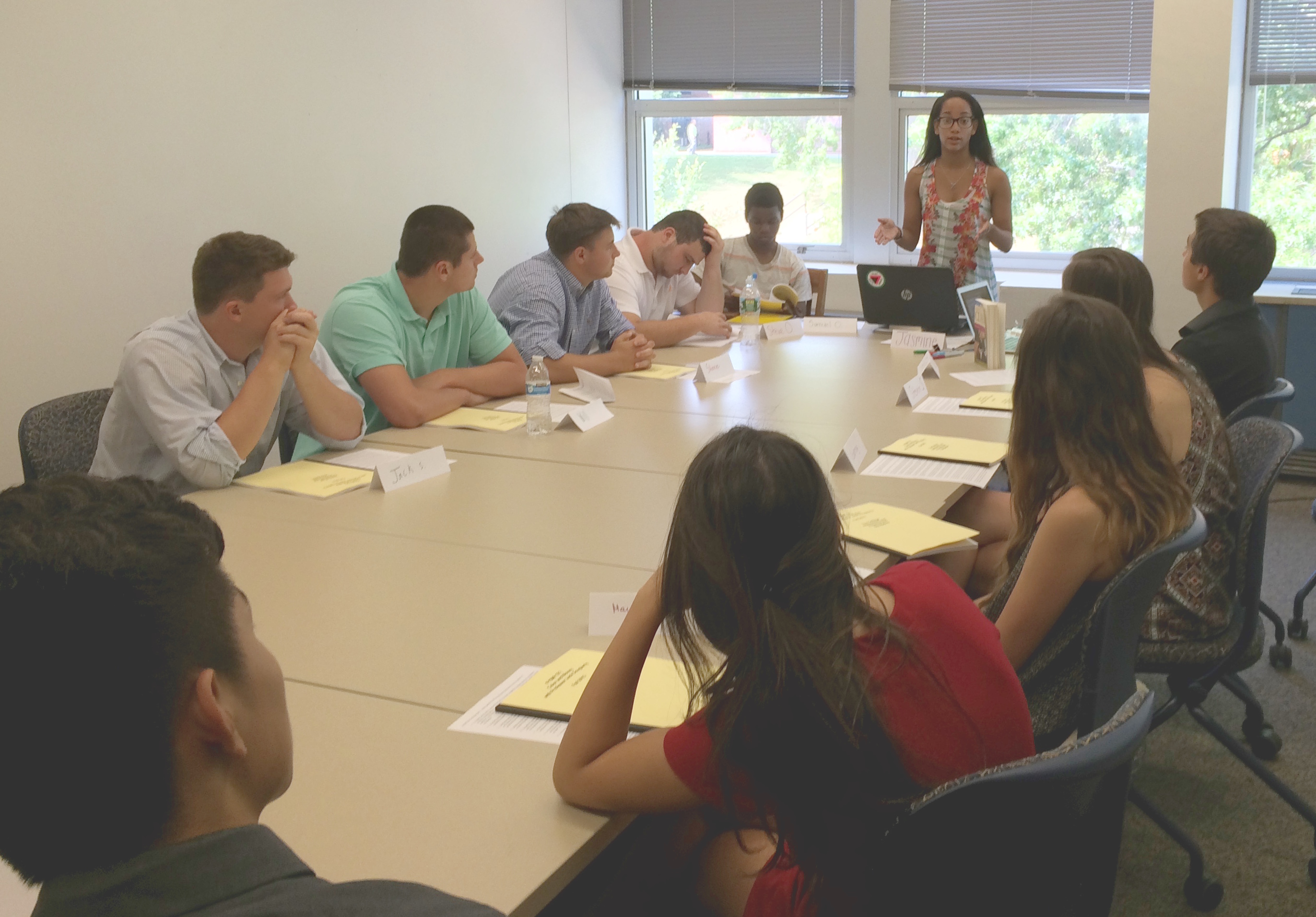Teaching & Advising
Reach out
- For questions about teaching and advising, email me at jack.dougherty@trincoll.edu.
- Or schedule a 20-minute Zoom appointment on my Trinity online calendar
- To request feedback on a Google Document, change Share settings to Anyone Can Comment and email the link to my Trinity address (which is not a Google address).
- How to declare your Educational Studies major
- How to request a reference or recommendation letter
- Advice on applying to graduate school
- See also my posts about teaching and posts about advising for pedagogical resources and personal reflections.
Current Courses and Syllabi
- See all courses offered by the Educational Studies Program at Trinity College.
Educ 206: Data Visualization for All
How can charts and maps tell meaningful stories? How can they mislead us from the truth? In this introductory hands-on course, we will create data visualizations in order to better understand design principles and develop a critical analysis of the field. Students will learn skills in both quantitative reasoning and digital storytelling as we advance from beginner tools to editing code templates. For the community learning component, our class will build interactive charts and maps on a public policy issue with a Hartford-area partner organization. No coding experience is necessary, but curiosity is required.
Fulfills requirement in Numerical and Symbolic Reasoning (NUM).
Cross-referenced with Community Learning, Public Policy & Law, Writing & Rhetoric, Urban Studies.
See syllabus, partners, and projects at DataVizForAll.org
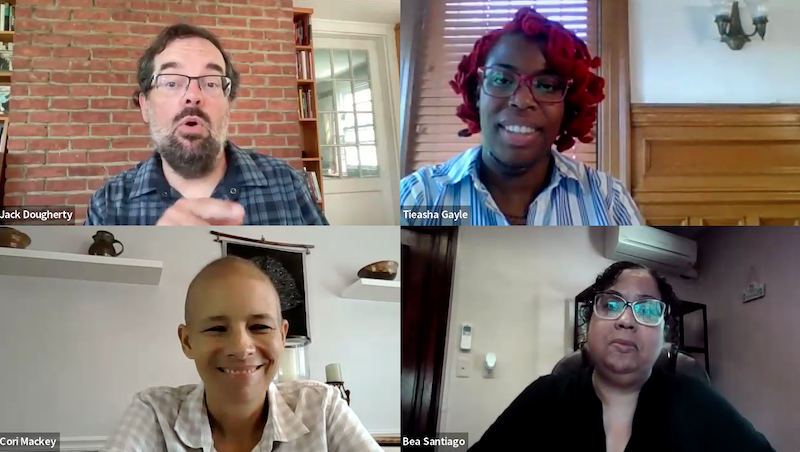
My Prior Courses & Syllabi
Educ 200: Analyzing Schools
This course introduces the study of schooling within an interdisciplinary framework. Drawing upon sociology, we investigate the resources, structures, and social contexts which influence student opportunities and outcomes in the United States and other countries. Drawing upon psychology, we contrast theories of learning, both in the abstract and in practice. Drawing upon philosophy, we examine competing educational goals and their underlying assumptions regarding human nature, justice, and democracy. In addition, a community learning component, where students observe and participate in nearby K-12 classrooms for three hours per week, will be integrated with course readings and written assignments. Each student must reserve one three-hour block of time in their weekly schedule (anytime between 9am – 3pm weekdays) for a community learning placement in a neighborhood Hartford public school, to be arranged by the instructor during the first week of the course. Enrollment limited to 29. See my Educ 200 syllabus, Fall 2016.
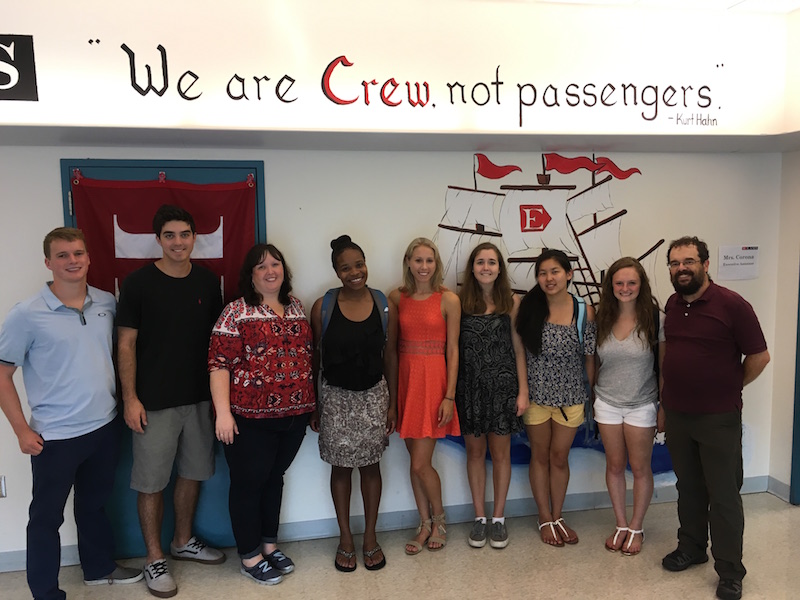
Educ 300: Education Reform, Past & Present
How do we explain the rise and decline of education reform movements? How do we evaluate their level of “success” from different sources of evidence? Drawing upon primary source materials and historical interpretations, this course examines a broad array of elementary, secondary, and higher education reform movements from the mid-nineteenth century to the present, analyzing social, material, and ideological contexts. This intermediate-level seminar explores a topic common to all branches of educational studies from both theoretical and comparative perspectives. Prerequisite: Ed 200 or permission of instructor. Enrollment limited to 24. See my Educ 300 syllabus on WordPress or a backup on this site.
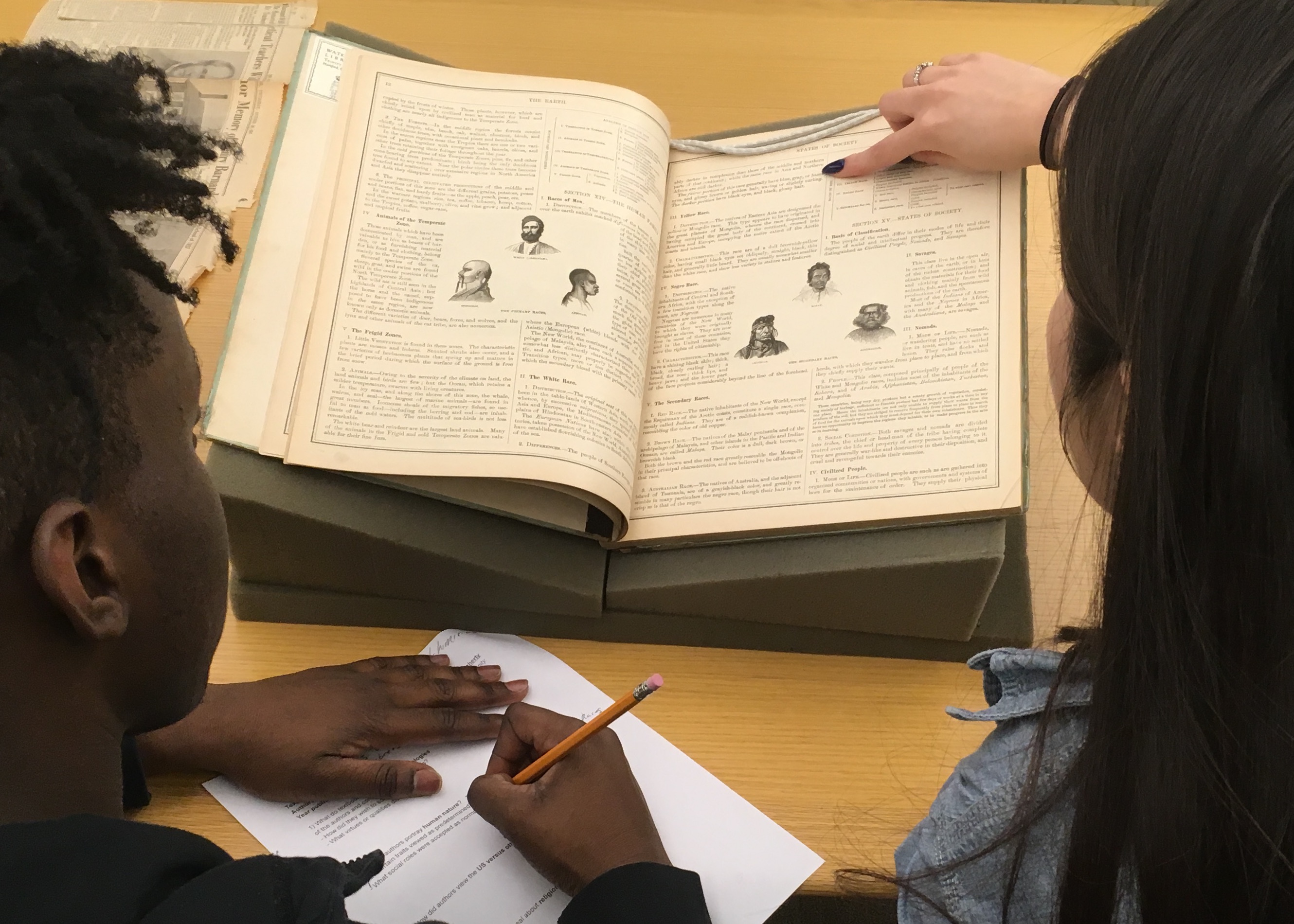
Educ 308: Cities, Suburbs, and Schools
How did city dwellers’ dreams of better schooling, along with public policy decisions in housing and transportation, contribute to the rise of suburbia in the twentieth century? How do city-suburban disparities affect teaching and learning in classrooms today? What promise do Sheff v O’Neill remedies for racial isolation, such as magnet schools at the Learning Corridor, hold for the future? Students will investigate these questions while developing their skills in oral history, ethnographic fieldwork, and geographical information system (GIS) software. Community learning experiences will be integrated with seminar readings and research projects. Prerequisite: Ed 200 or the Cities Program or permission of instructor. Enrollment limited to 19.
See my Educ 308 syllabus, Spring 2022.
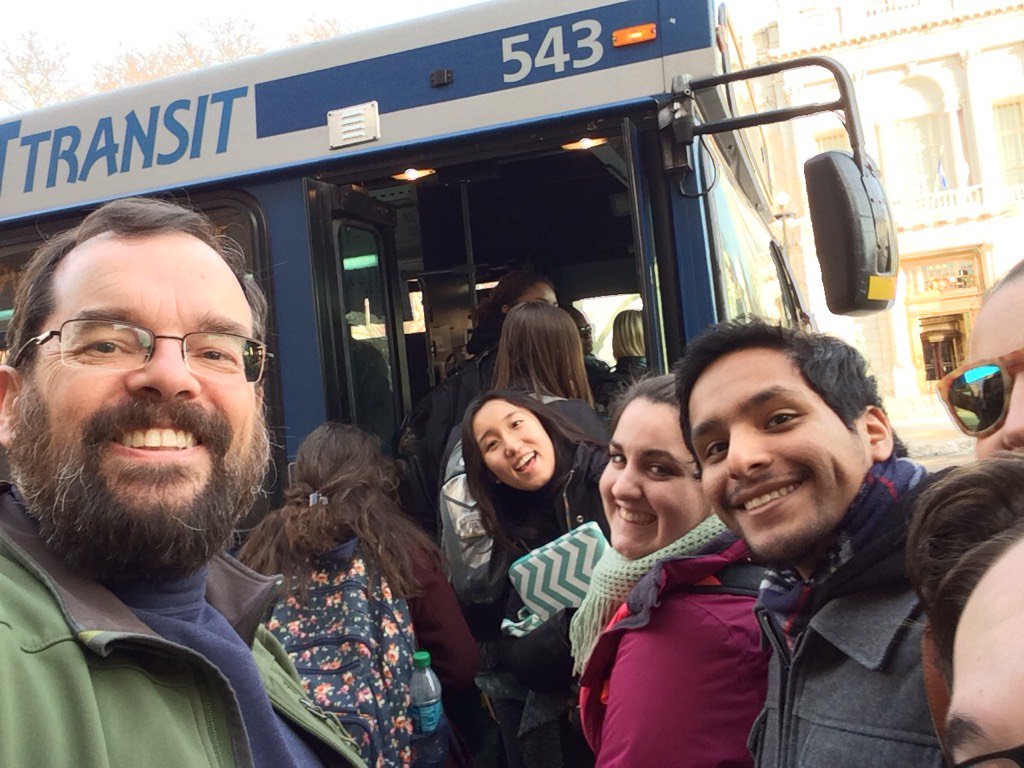
Educ 309: Race Class and Educational Policy
In this upper-level undergraduate seminar, our primary goal is to work as a team to strengthen our skills in basic qualitative and quantitative research on race, class, and educational policy. We will closely read studies by other authors, then design and conduct our own small-scale research projects, and publicly present our findings. Our theme for Fall 2019 is “Researching Trinity and Hartford,” and we will conduct interviews with a random stratified sample of Trinity students to answer two questions. 1) How do perceptions and experiences of Hartford vary among first-year Trinity students of different racial, social class, and gender backgrounds? 2) How do perceptions and experiences of race and social class at Trinity vary among first-year students of different backgrounds? In addition, for the Community Learning component of this course, we will attend Hartford neighborhood group meetings to share the results of a recent door-to-door survey on how community residents perceive and experience Trinity College, and listen to how participants respond to this study. Prerequisite: Ed 200 or permission of instructor. Enrollment limited to 19. See my Fall 2019 syllabus.
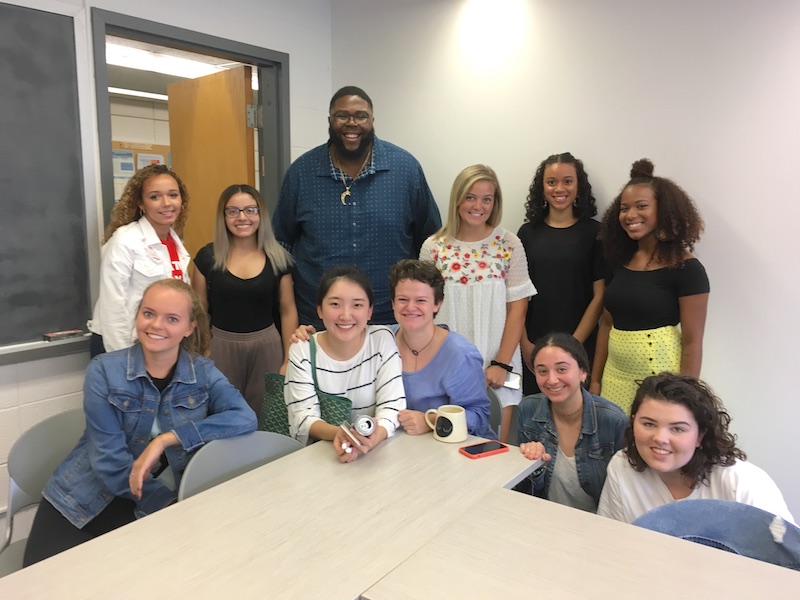
Educ 350: Teaching and Learning
This seminar will explore theoretical, policy, and practical issues of teaching and learning. Who should teach in public schools, and what kind of preparation is necessary? What type of curriculum should be taught, and how do different interest groups shape that decision? How should we assess the quality of student learning? Finally, how do debates on all of these questions influence the nature of teachers’ work and classroom life? Note: For the community learning component, students will design and teach two hands-on science or math lessons at a nearby elementary school during our class time. Prerequisite: Ed 200 or permission of instructor (email a one-paragraph statement of interest to either instructor). Enrollment limited to 19. See my Educ 350 syllabus, Spring 2023.
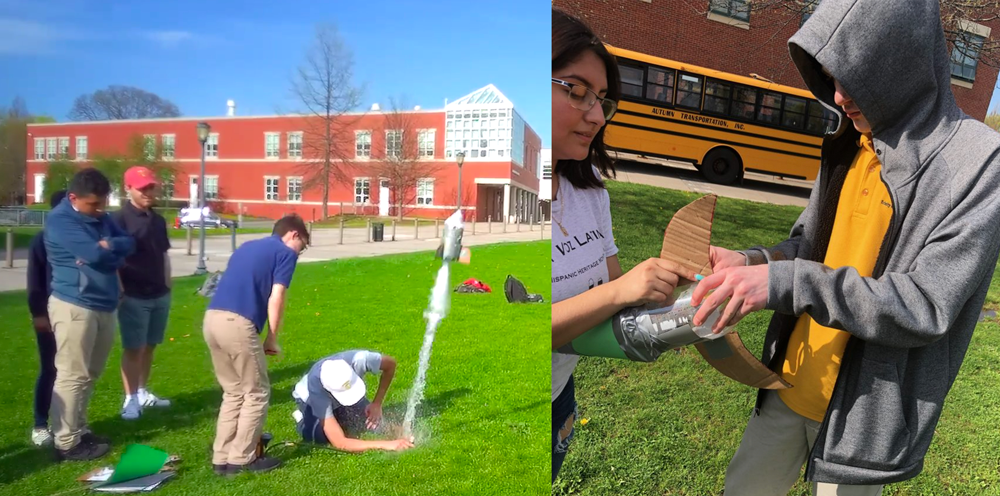
Educ 400 Senior Research Seminar
To fulfill the senior exercise requirement, students carry out an independent research project which builds upon acquired skills and evolving interests. The weekly seminar provides a thematic focus as well as a continuous forum for both support and critical feedback from peers, in preparation for a public presentation of the student’s work at the end of the semester. Each year, the seminar will be organized around a broad theme in educational studies. Ordinarily taken in the fall semester of the senior year, with the option of continuing as a one-credit senior thesis (Educ 497) in the spring semester. See my Educ 400 syllabus, Fall 2017.
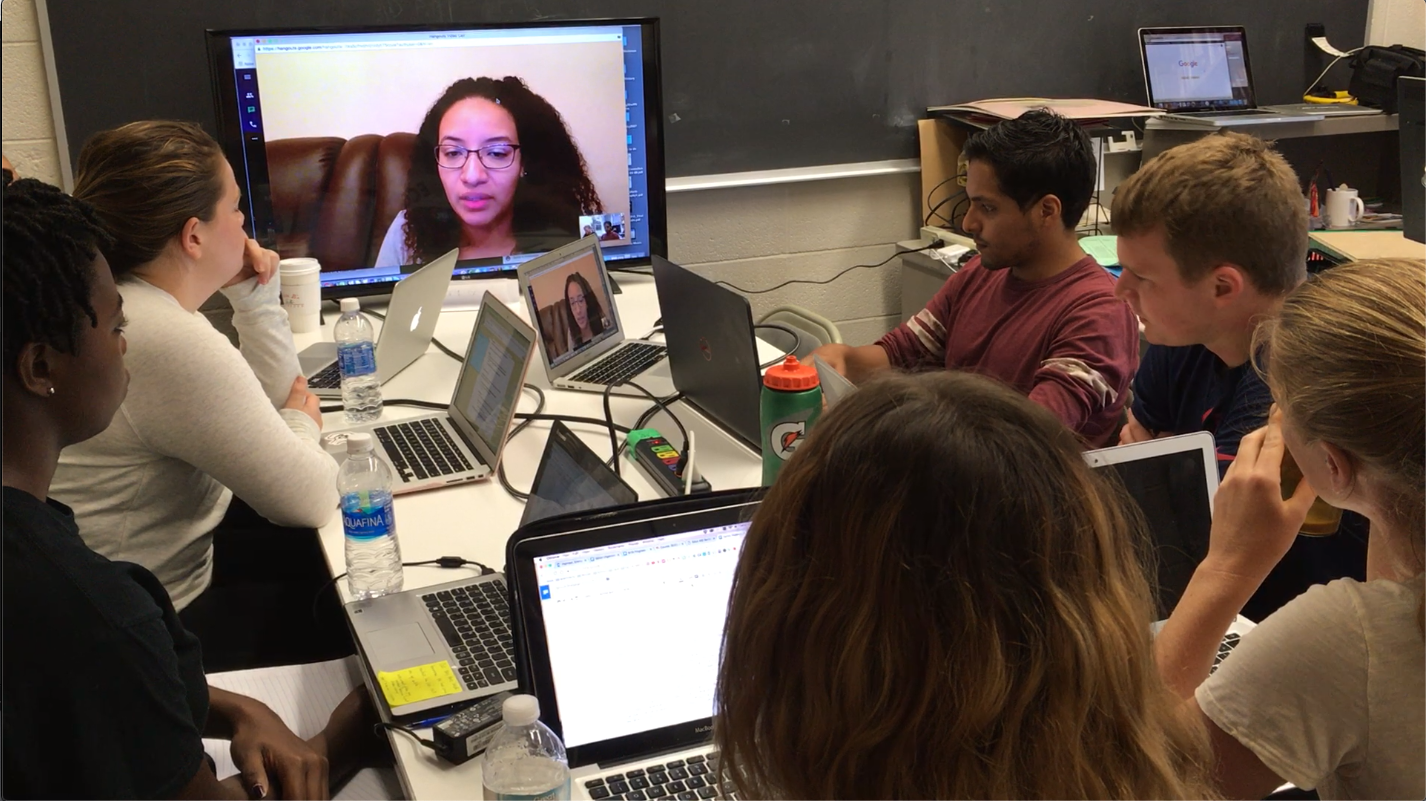
First-Year Seminar: Color and Money - Race and Social Class at Trinity and Beyond
Who gains—and who loses—in the admissions process at Trinity College and other elite institutions? Which racial diversity or financial aid policies might meet our desired goals? How do undergraduates experience racial and social class differences on campus? What can we learn from Trinity’s own history to recommend meaningful change? In this seminar, students will role-play a college admissions committee, conduct interviews for a campus research project, and enhance their research and writing skills. Given our controversial topic, participants should be prepared to listen to alternative viewpoints, challenge (and be challenged) on opinions and evidence, and get involved in making change. See my FYSM syllabus, Fall 2015 on WordPress.
